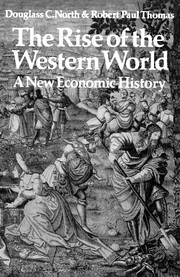9 - The Early Modern Period
Published online by Cambridge University Press: 05 March 2012
Summary
The year 1500 is widely recognized by historians as the watershed between the medieval world and the modern world. The first two centuries of this newer epoch contained much of historical importance, spanning such widely varied events as a price revolution, a commercial revolution, a reformation, a renaissance, voyages of discovery, the colonization of the New World, the development of world trade and the emergence of national states as the dominant form of political organization in Europe.
The nature of historical scholarship in part explains the deplorable lack of any consistent explanation for the momentous occurrences in these two crucial centuries. Most professional historians share a fashionable tendency to spurn generalizations, preferring to devote highly specialized attention to one area during one period of time. Thus few professional scholars have ever attempted a systematically cosmic look at so large a topic as Europe during the sixteenth and seventeenth centuries.
One significant exception to this last statement and possibly to the preceding ones is provided by the Marxist historians, whose theory of history runs into trouble with these two centuries. According to their credo, feudalism is succeeded by capitalism. The problem is that feudalism in Western Europe was buried by 1500, but capitalism as it is known today was not yet born and the industrial revolution was fully two-and-a-half centuries into the future.
- Type
- Chapter
- Information
- The Rise of the Western WorldA New Economic History, pp. 102 - 119Publisher: Cambridge University PressPrint publication year: 1973



